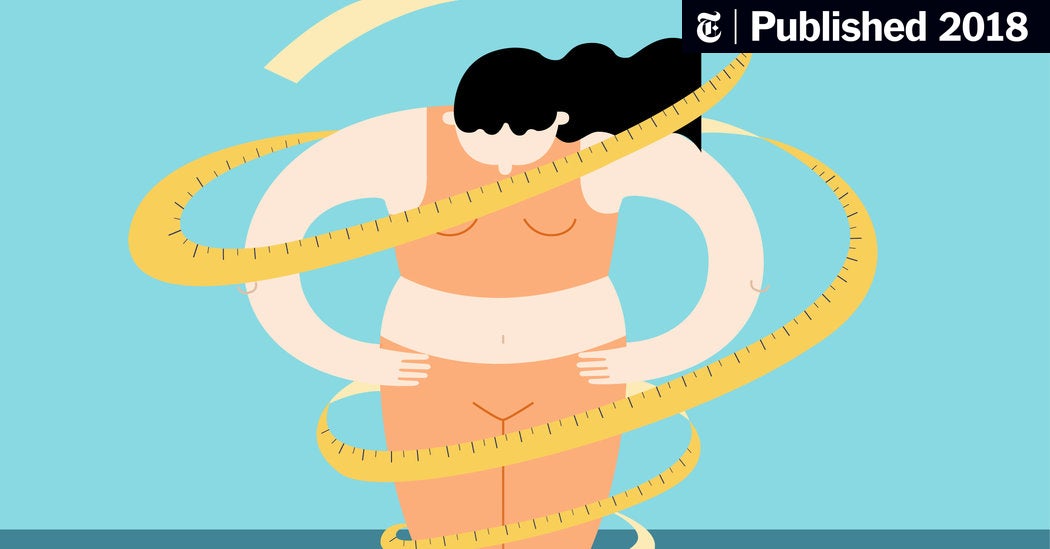A high-fat diet triggers chemical reactions in female mice that could explain why women are more likely than men to gain fat in the abdomen after eating excess saturated fat, new research suggests. The study also sheds light on why women gain fat following menopause.
Scientists identified events in female mice that start with the activation of an enzyme and end with the formation of visceral fat – fat that accumulates around internal organs and is linked to a higher risk for type 2 diabetes, heart disease and cancer.
At least one function for this enzyme is the production of a powerful hormone, which then drives up the formation of visceral fat cells. The source of this hormone is vitamin A.
This enzyme appears to be activated at higher levels in females than in males when both sexes eat a high-fat diet. When researchers genetically altered mice by deleting the enzyme, female mice stayed lean, especially in the abdominal area, even when they continued to eat a lot of fat. Males without the enzyme also developed less fat, but the effect was far less significant than in females.
The results suggest the enzyme could be a target for sex-specific anti-obesity therapy.
“If you asked most people what they believe causes obesity, they would probably say high food consumption and a sedentary lifestyle. But we see that there are genetic factors telling the body what to do with fat,” said Ouliana Ziouzenkova, assistant professor of human nutrition at Ohio State University and senior author of the study. “A high-fat diet acts on our genetics to make us more fat or less fat. The diet is not powerful enough to do this on its own.”
Further experiments showed that fat cells in female mice lacking the enzyme could produce proteins that use fat for heat, meaning the fat in females was burned away.
Researchers also studied fat tissue from human surgery patients and found the same enzyme was present in human tissue, and its levels were markedly higher in cells extracted from the visceral fat tissue of obese women compared to cells from lean women.
Finally, the study suggested that estrogen suppresses the enzyme’s activity, which might help explain why postmenopausal women with decreased estrogen in their bodies tend to accumulate fat in their bellies.













